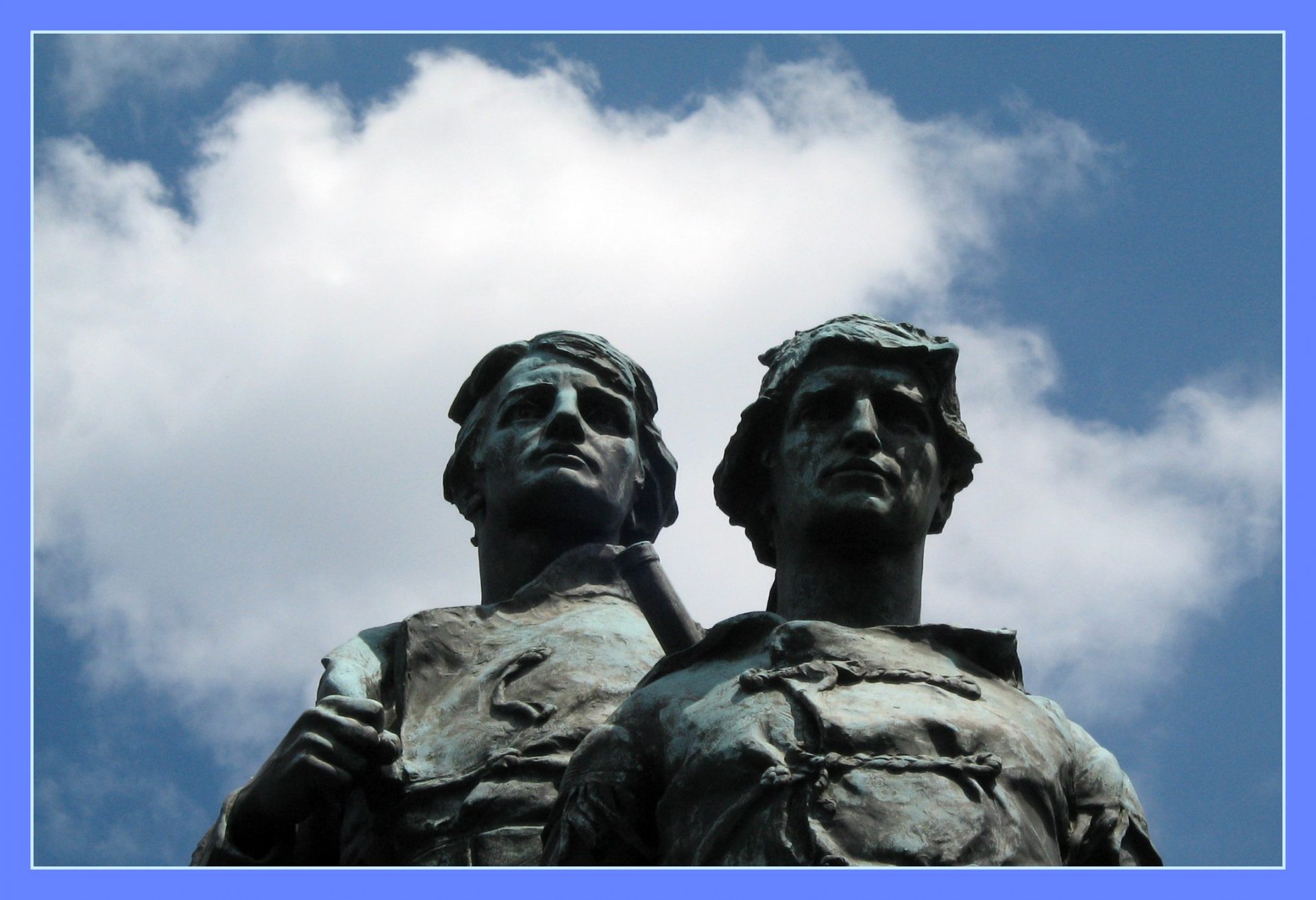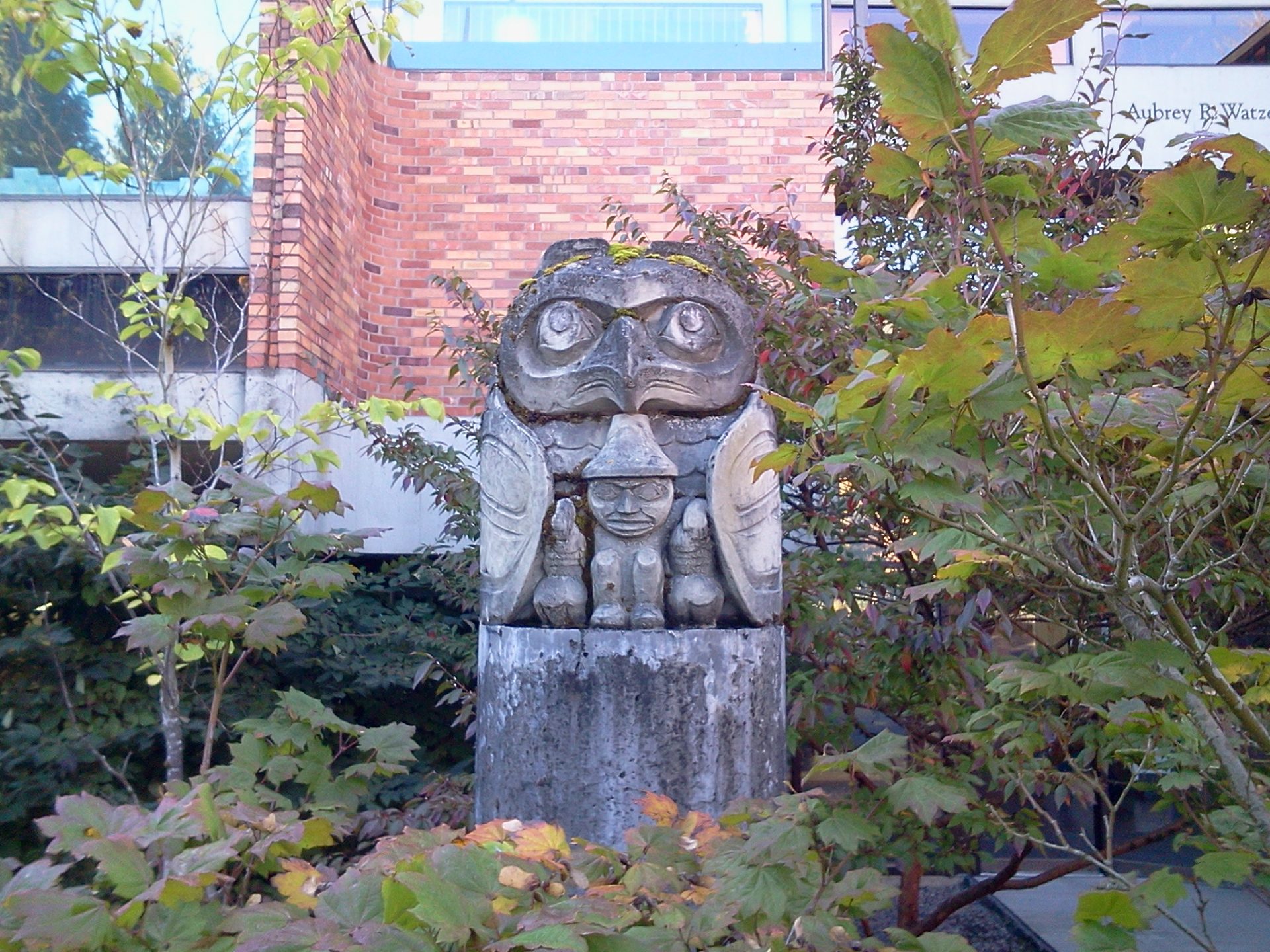
By Drake MacFarlane
Words carry weight, meaning and purpose beyond their basic definition and names are no exception. Last semester, the name of Lewis & Clark College was called into question, with proposals made to change it in favor of something more representative of our community. In the wake of controversies like the recent call by Princeton students to change the name of the Woodrow Wilson School of Public and International Affairs due to its namesake’s racist past, it’s reasonable that folks have shed a critical light on our own institution’s namesake.
Meriwether Lewis and William Clark were two explorers of undaunted courage, who went into uncharted territory in the name of science, spirit and their country. But, they also went West to assert the sovereignty of the Jefferson administration over Native lands and their success watered the seed of Manifest Destiny, already planted in our young nation’s collective zeitgeist. As much as they may be heroes to some, they were not without fault. Remarks like that they are ‘White-supremacist colonizers’ don’t come from nowhere.
However, I do not believe it is useful nor intellectually honest to paint them blindly as perfect heroes of America nor merely as malicious, racist slave-owners. Instead, like most historical figures of import, they were complicated and just as human as the rest of us today.
Let us examine Lewis for a moment. Born to English and Welsh immigrants, he grew up in Virginia and rural Georgia, interacting with both hoity toity landowners and Cherokee natives alike. His championing of the Cherokee’s plight as a youth from the encroachment of Georgian settlers and later support for Native lands made him quite unpopular during his gubernatorial bids later in life. His proclivity for diplomacy between Natives and settlers, along with his military record and scientific acumen, contributed to him being selected as Captain of the Corps of Discovery.
As Captain of the Corps, he made incalculable contributions to science through their careful study of flora, fauna and natural features of the West. Additionally, he was a fair leader, even giving York, the slave of Clark, and Sacagawea votes and equal say in the party. That being said, he wasn’t perfect: For example, although he never owned slaves, his freeman valet, John Pernia, was paid heavily in arrears and denied back pay after the death of Lewis. Speaking of his death, Lewis suffered from mental illness throughout his life and later committed suicide, which tarnished his legacy for years among his contemporaries.
What about Clark? Clark is more complicated: he was a Virginian slave-owner and wholeheartedly supported the Manifest Destiny movement. Yet as Superintendent of Indian Affairs, he supported Indian nationalism and culture even as their lands were taken bit by bit. Although he was a slave-owner, York was treated as an equal during the Expedition and saved Clark’s life and the Corps’ hide many times. However, contemporary and semi-contemporary accounts differ on the eventual emancipation of York, with some saying he was freed and others saying he ran away after his freedom was denied.
These men were not perfect. They made mistakes, supported systems of oppression and helped pave the way for the atrocities of what has been called the Century of Dishonor. Despite this, they also represent our college in the most fundamental of ways. Our motto is Explorare, Discere, Sociare—To explore, to learn, to work together. Lewis and Clark were explorers, the Armstrong and Aldrin of their day. They were also scientists, whose contributions to human knowledge were as remarkable as they were many. And they were diplomats, surviving the harsh wilderness of the West only through working with people of all walks of life, including even the French.
We must be able to accept our history as it was, both the good and the bad. These were flawed men, to be sure. But, to remove their name and their legacy is a far greater bad. It is better to accept what good they’ve done, appreciating how they encapsulate our pioneering spirit as liberal arts students and at the same time, critically analyze and understand what bad they inflicted. Only then can we move forward, accepting our past and paving the way for a brighter future.

Subscribe to the Mossy Log Newsletter
Stay up to date with the goings-on at Lewis & Clark! Get the top stories or your favorite section delivered to your inbox whenever we release a new issue.

Leave a Reply